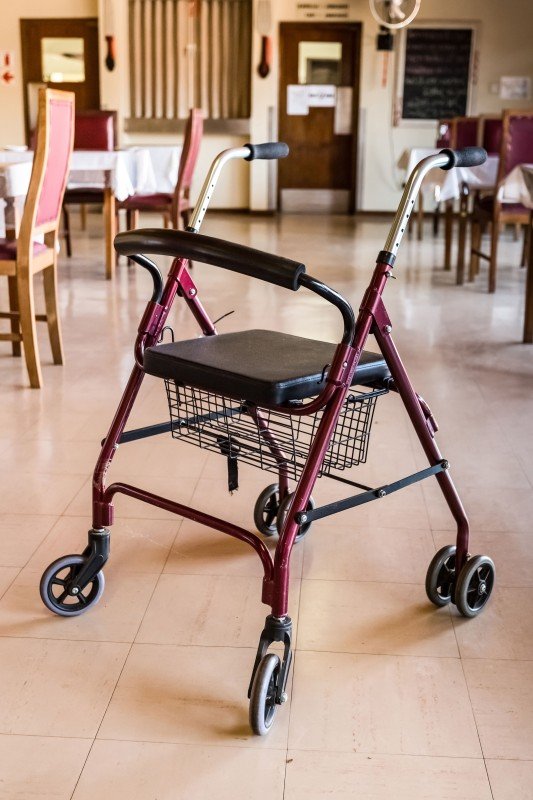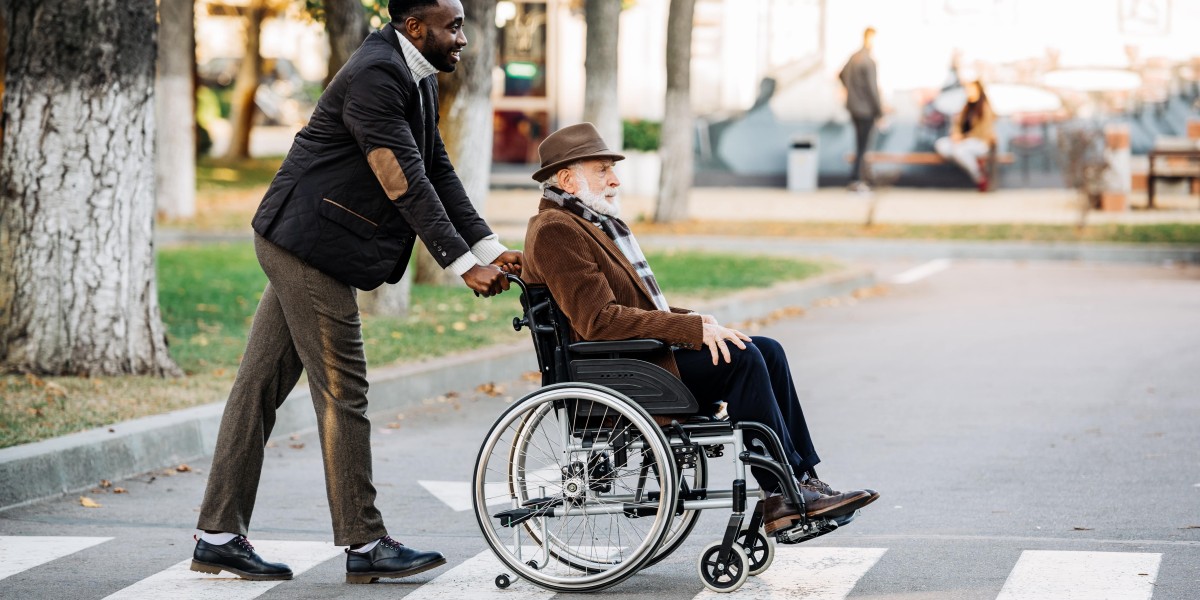Navigating the World of Mobility Scooters in the UK
Mobility scooters have ended up being an important tool for lots of in the United Kingdom, providing a useful and dignified service for individuals with mobility concerns. These scooters not just enhance the lifestyle for their users however likewise offer a sense of independence and flexibility. This extensive guide aims to offer an overview of mobility scooters in the UK, including their benefits, types, acquiring factors to consider, and upkeep ideas.
Introduction to Mobility Scooters
A mobility scooter is a battery-powered lorry developed to help individuals with strolling problems or limited mobility to move more quickly. Unlike manual wheelchairs, which need substantial physical effort, mobility scooters are simple to operate and can be utilized both indoors and outdoors. They are particularly useful for older grownups and individuals with disabilities, enabling them to travel longer ranges and browse various terrains with ease.

Advantages of Mobility Scooters
Self-reliance and Freedom
- Mobility scooters empower users to travel individually, minimizing the requirement for help from others.
- They can be used for daily activities such as shopping, visiting friends, or attending social occasions.
Cost-Effective
- While there are preliminary costs, mobility scooters can be a cost-efficient alternative to other mobility aids, especially in time.
- Lots of models are readily available for rent or lease, offering versatility for users with varying needs.
Convenience and Safety
- Scooters are created with ergonomic seats and adjustable functions to guarantee convenience during extended periods of use.
- Security functions such as lights, horns, and braking systems enhance user confidence and security.
Social Inclusion
- By enabling individuals to take part in community activities, mobility scooters promote social addition and lower sensations of isolation.
Health Benefits
- Routine usage of a mobility scooter can assist keep physical health by encouraging users to remain active and engaged.
Kinds Of Mobility Scooters
Mobility scooters in the UK can be found in various types, each developed to cater to different requirements and preferences:
Class 2 Scooters (Pavement Scooters)
- Speed: Up to 4 miles per hour
- Usage: Designed for usage on pavements and within indoor areas
- Benefits: Compact and lightweight, perfect for short distances and day-to-day errands
Class 3 Scooters (Road and Pavement Scooters)
- Speed: Up to 8 miles per hour on roads and 4 mph on pavements
- Use: Suitable for longer journeys and can be used on both roadways and pavements
- Benefits: More robust and capable of dealing with various surfaces, consisting of rough surface areas and inclines
Off-Road Scooters
- Speed: Varies, but generally greater than Class 2 and Class 3 scooters
- Usage: Designed for off-road use, consisting of parks, trails, and unequal surface areas
- Advantages: Enhanced durability and traction, ideal for adventurous users
Travel Mobility Scooters
- Speed: Varies, however generally approximately 4 mph
- Usage: Portable and simple to dismantle for transport
- Benefits: Perfect for users who take a trip frequently and require a portable service
Acquiring Considerations
When buying a mobility scooter, several factors ought to be thought about to guarantee the best fit for the user's requirements:
User's Physical Condition
- Weight Capacity: Ensure the scooter can support the user's weight.
- Height and Reach: Choose a model that is adjustable to fit the user's height and reach easily.
Intended Use
- Indoor/Outdoor: Determine if the scooter will be used mostly indoors, outdoors, or both.
- Surface: Consider the type of surface the user will browse, including any hills or rough surface areas.
Battery Life and Range
- Battery Type: Lithium-ion batteries are normally more effective and longer-lasting than lead-acid batteries.
- Range: Check the scooter's range to ensure it satisfies the user's day-to-day travel requirements.
Safety Features
- Brakes: Look for scooters with trustworthy braking systems.
- Lights and Horns: Essential for visibility and alerting others.
Warranty and Customer Support
- Warranty: Ensure the scooter includes a detailed warranty.
- Consumer Support: Choose a trustworthy producer with excellent customer support and support.
Maintenance and Safety Tips
Proper upkeep is vital to guarantee the durability and security of a mobility scooter:
Regular Battery Checks
- Charging: Always keep the battery credited avoid deep discharge.
- Cleaning: Keep the battery compartment clean and complimentary from dirt and moisture.
Tire Maintenance
- Inflation: Regularly check and keep correct tire pressure.
- Assessment: Inspect tires for wear and damage, replacing them as needed.
Clean and Lubricate
- Cleansing: Wipe down the scooter regularly to keep it devoid of dirt and grime.
- Lubrication: Lubricate moving parts to avoid rust and guarantee smooth operation.
Safety Checks
- Brakes: Test the brakes regularly to guarantee they are operating properly.
- Lights and Horns: Check that all safety functions are functional.
Follow Manufacturer Guidelines
- Manual: Refer to the user handbook for particular maintenance instructions.
- Service: Schedule routine service checks with a qualified professional.
Often Asked Questions (FAQs)
Can anybody use a mobility scooter?
- No, only people with a medical requirement or disability are eligible to utilize a mobility scooters uk (moved here) scooter on public roadways and pavements in the UK. Nevertheless, they can be used by anyone on personal property.
Do I require a license to drive a mobility scooter?
- No, a license is not required to utilize a Class 2 or Class 3 mobility scooter. Nevertheless, users should be over 14 years old and have an authentic need for the scooter due to a disability or medical condition.
How quickly can a mobility scooter go?
- Class 2 scooters have an optimal speed of 4 mph, while Class 3 scooters can reach up to 8 miles per hour on roads and 4 miles per hour on pavements.
Can I take a mobility scooter on public transport?
- Some public transport, such as trains and buses, may enable mobility scooters, but it depends upon the particular service and the size of the scooter. It's best to check with the transportation provider in advance.
What is the life-span of a mobility scooter?
- With correct maintenance, a mobility scooter can last a number of years, typically in between 5 and 10 years.
Can I get financial support to buy a mobility scooter?
- Yes, monetary help might be offered through the Disabled Facilities Grant (DFG), local authorities, or charitable organizations. In addition, some insurance providers may cover part of the expense.
Mobility scooters are a valuable aid for people with mobility problems in the UK, offering a series of advantages from increased self-reliance to improved social involvement. By considering the user's needs, the designated use, and the scooter's functions, one can pick the best design to enhance their quality of life. Routine maintenance and adherence to safety guidelines are necessary to guarantee the scooter stays a reliable and safe mode of transportation. For those who certify, monetary assistance may be available to make the purchase more affordable. Whether for day-to-day usage or occasional trips, a mobility scooter can significantly enhance the user's capability to browse the world with self-confidence and ease.
Additional Resources
- Mobility Aids UK: A comprehensive directory site of mobility help and scooters.
- NHS Choices: Information on mobility aids and monetary support.
- Disability Living Allowance (DLA): Guidance on obtaining financial backing for disability-related costs.
By exploring these resources and considering the points detailed in this guide, people can make an educated decision about purchasing and using a mobility scooter in the UK.






